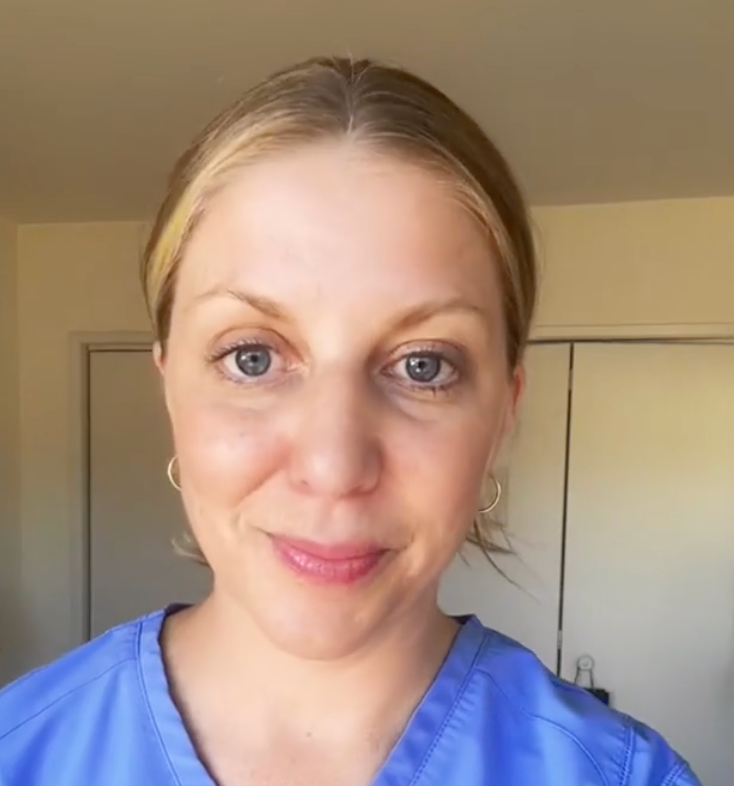Hospice nurse reveals what people say before dying
Most people usually say ‘I love you’ or call out to their parents before dying, nurse says

A hospice nurse from California has revealed what most people say before they die.
Julie, who goes only by her first name on social media, has been working as a hospice nurse in Los Angeles for the past five years and has been educating people about death on TikTok.
Hospice care is a type of health care that focuses on relieving a terminally ill patient’s pain and symptoms and attending to their emotional and spiritual needs at the end of life.
“I love educating patients and families about what to expect with hospices and what to expect with the specific disease they are dying from,” Julie told The Sun. “I also really like giving the patient and family some comfort knowing we will be there to manage their symptoms.”
She said she has been doing this kind of work for the past 14 years as she was an ICU nurse for nine years before moving to hospice care.
Recently, the registered nurse posted a video describing things that happen to most people right before they die, including changes in a person’s skin colour, breathing pattern, and secretions from body parts.
She said that though these things may appear unusual, they are absolutely typical at that stage.
“There is something most people say before they die, and it’s usually ‘I love you’ or they call out to their mum or dad – who have usually already died,” Julie said.
She added that it is hard to generalise what happens when people die as each individual is unique in their own way.
However, she said, if someone is dying of natural causes in hospice care, most people have similar symptoms during the “actively dying phase”.
“The symptoms of the actively dying phase include changes in consciousness, changes in breathing, mottling and terminal secretions,” Julie said. “These are normal and not painful or uncomfortable.”
She added: “Our bodies take care of ourselves at the end of life – the less we intervene, the better.”
The nurse also addressed “some assumptions” that people make about hospice care, including that morphine makes people die faster and that everyone at a hospice dies immediately. These were false, she said.
“Another one that’s completely not true is that hospices kill people,” she added.
Join our commenting forum
Join thought-provoking conversations, follow other Independent readers and see their replies
Comments
Bookmark popover
Removed from bookmarks